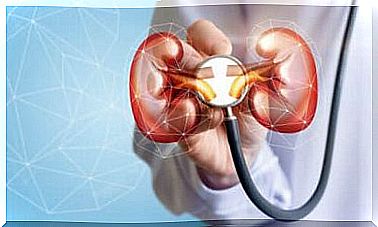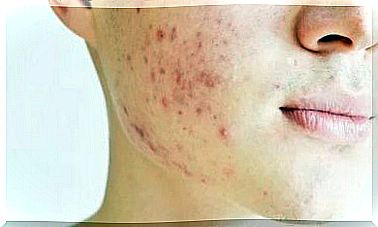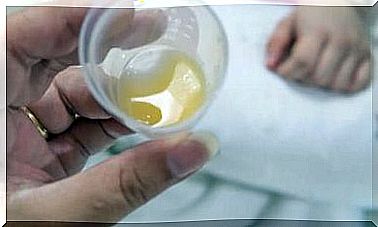Causes Of Dry Mouth In People With Diabetes
People with diabetes have symptoms that negatively impact their quality of life. One of them is dry mouth. We explain the causes to you.
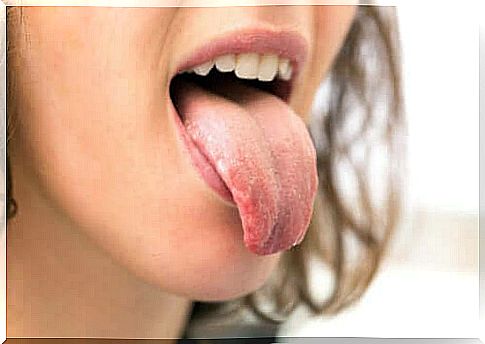
Patients with diabetes, type 1 or 2, often suffer from xerostomia . This term refers to dry mouth, a common sensation in people with diabetes. The problem is that it is not only a sensation, but that it can have significant consequences on the oral level.
Xerostomia is associated with an increased risk of cavities, infections and periodontal disease. Different research claims that more than 70% of people with diabetes suffer from this symptom. We therefore explain the causes and possible solutions.
What are the symptoms of people with diabetes?
The diabetes mellitus is a disease that affects the metabolism of glucose. There are two main forms: type 1 diabetes and type 2 diabetes. In type 1, the pancreas is unable to secrete insulin.
In type 2 diabetes, there is resistance to insulin in different tissues of the body. There may also be a decrease in insulin secretion. This pathology is unfortunately more and more frequent.
Xerostomia is one of its main symptoms. So much so that, according to a study published in the Journal of Endocrinology and Nutrition , it is one of the most common oral manifestations in people with diabetes.
Other oral symptoms that may appear are ulcers, pharyngeal candidiasis, and a burning sensation. However, these are not the only signs. Polyuria (increased urination), polydipsia (increased thirst) and weight changes are also observed.
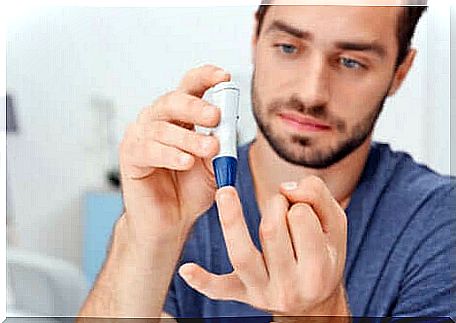
What are the causes of dry mouth in diabetes?
As we mentioned, xerostomia is the term used to refer to dry mouth. In people with diabetes, its onset is the result of several factors, almost all of which are related to poor control of blood sugar levels.
First of all, one of the causes is increased urination. This phenomenon leads to dehydration. Since saliva is mainly water, its production is impaired when body fluids are out of balance.
Another similar factor that determines dry mouth in diabetes is the change in the composition of saliva. In addition to water, saliva is made up of glucose and protein.
A study published in the Journal of Oral Medicine and Pathology explains that diabetes affects the morphology of the salivary glands. It produces what is called diabetic sialosis which is an increase in the size of the salivary glands. This then leads to an alteration in their functioning.
Other causes of xerostomia
Although a high percentage of people with diabetes suffer from xerostomia, this disease is not the only cause. Indeed, the production of saliva is influenced by many factors. Multiple situations can therefore trigger this disorder.
For example, dehydration that is not related to diabetes. Likewise, drugs can cause this disorder, especially those used in chemotherapy treatments .
Aging is also usually a trigger for dry mouth. As well as other chronic diseases, such as cirrhosis, HIV and tuberculosis. The Sjögren’s syndrome is another major cause of xerostomia.
Solutions for dry mouth in people with diabetes
The incidence of dry mouth in diabetes is not just the discomfort it causes. It can also cause a variety of oral problems. For example, it increases the risk of suffering from cavities, infections and periodontal disease.
It is therefore essential to take preventive measures for this type of pathology. First of all, people with diabetes need to strengthen their oral hygiene. It is recommended that you use mouthwashes and dental floss in addition to brushing your teeth.
In addition, it is best to avoid sugary and acidic liquids. You have to stay hydrated, but it’s best with water. Regular visits to the dentist are essential because he must quickly check and correct any alterations.
In addition, in some cases drugs that stimulate salivary flow are prescribed. These measures are reserved in case the xerostomia is not resolved by general measures.
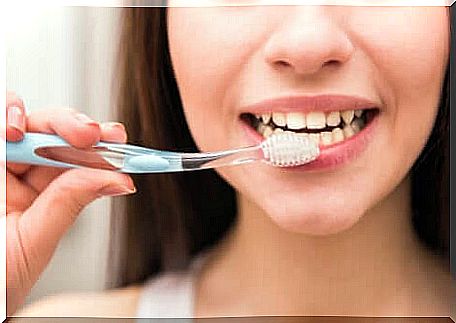
What you must remember
People with diabetes are more likely to suffer from dry mouth. Indeed, the disease modifies both the composition of the saliva and the morphology of the salivary glands.
To avoid this, it is necessary to properly control blood sugar. Finally, good hydration and specific oral hygiene care are really essential to reduce complications.
